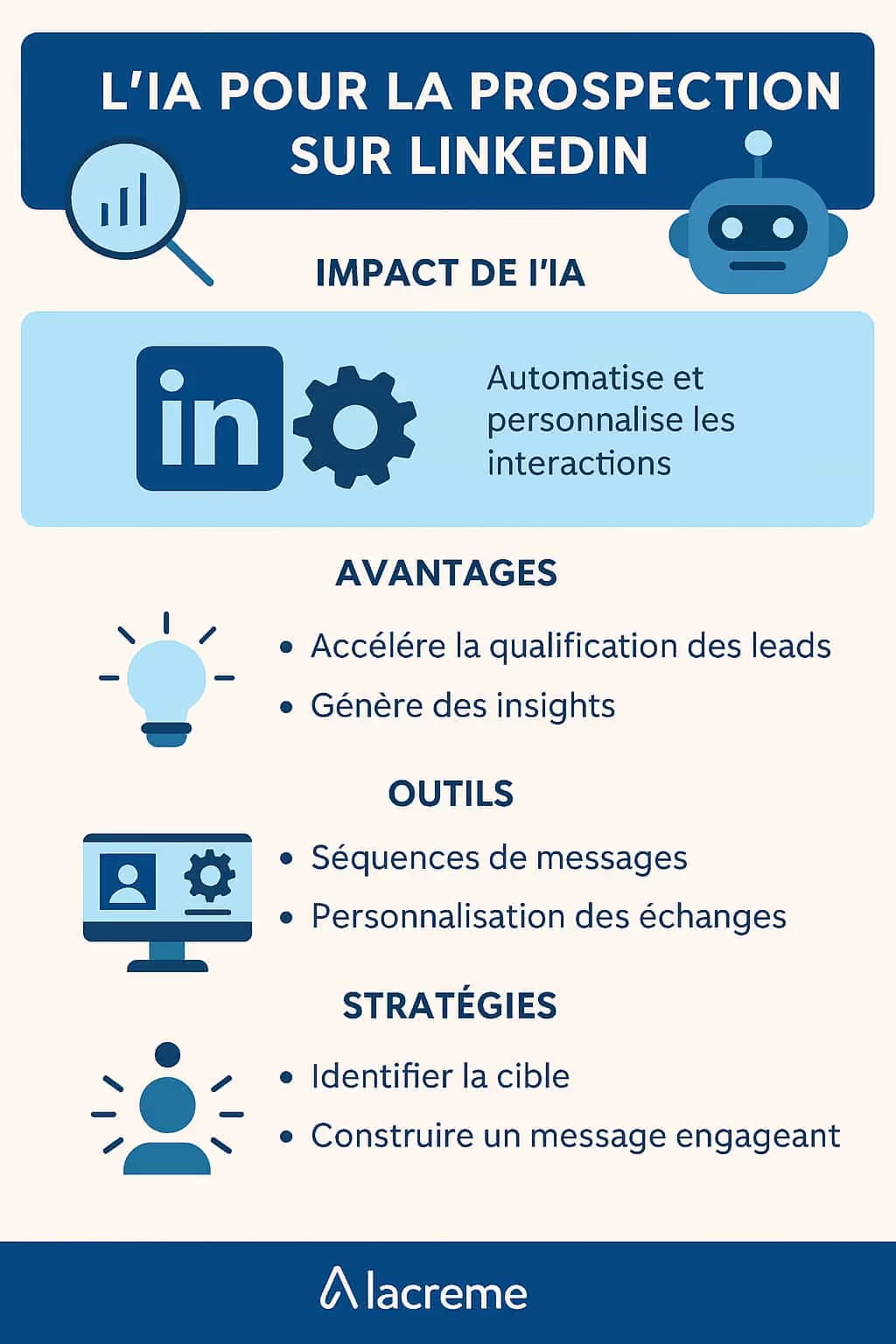The automotive world is now experiencing unprecedented upheavals, especially with the advent ofartificial-intelligence-definition-use-and-example that is transforming dealership practices and strategies. Through its ability to quickly analyze a large amount of data and to learn from its actions, AI offers new perspectives to optimize processes, improve the customer experience and strengthen the effectiveness of marketing campaigns. In this article, we will explore the impact and potential of artificial intelligence for Ia-in-car-dealership.
The potential of AI in automotive inventory management
Optimizing replenishment through predictive analytics
Inventory management is a critical business for car dealerships. The exploitation of AI makes it possible to anticipate market trends and consumer preferences in order to adjust vehicle orders. Predictive analytics, which is based on examining history-of-artificial-intelligence, makes it possible to conjecture the evolution of demands for each model precisely, to ensure a supply in line with future customer expectations, and to reduce the costs associated with overstocking.
Cost reduction through intelligent inventory management
AI-optimized inventory management makes it possible to minimize expenses related to the immobilization of capital in unsold vehicles. Les intelligent-algorithms are able to nimbly change stock levels for different models and configurations, ensuring that car availability is in line with demand while reducing the amount of storage space needed.
Customer relationships reinvented by Artificial Intelligence
Customizing the customer experience with AI
THEartificial intelligence opens new ways to personalize the customer experience. By analyzing the customer data, dealerships can offer tailored offerings that accurately meet the needs and preferences of each individual. This particular focus leads to increased customer loyalty and increases the likelihood of additional conversions in the future.
AI chatbots and improving customer engagement
Les Chatbots-ia AI-powered tools are now common tools on dealership websites. They provide immediate support, answering customer questions at any time, and without requiring costly and less available human intervention. This ability to continuously communicate and engage potential and existing customers speeds up the sales process and improves customer satisfaction.
Automating sales processes through artificial intelligence
Improving the buying journey with AI tools
AI makes it possible toAutomatise-a-task many aspects of the car buying journey. Advanced recommender systems help customers select the right vehicle based on their preferences and browsing history. Pre-approved credit and financing processes can also be accelerated using AI algorithms that quickly assess customer eligibility.
Accelerate sales and encourage buying decisions
The use of artificial intelligence can reduce the length of the sales cycle and make it easier for consumers to make purchasing decisions. For example, AI is capable of generating trade-in evaluations in real time, giving customers instant information about the value of their current vehicle and making the transition to a new purchase smoother.
Marketing and artificial intelligence: A winning combination for dealerships
Predictive marketing strategies for targeted communication
With AI, dealerships can now adopt predictive marketing strategies to reach potential customers with greater precision. AI analyzes online behavior patterns and can predict which customers are most likely to respond to certain offers, thus optimizing the targeting and the personalization of campaigns.
Impact of AI on remarketing and campaign optimization
Artificial intelligence plays a crucial role in remarketing by allowing dealerships to present contextual and relevant ads to customers who have already visited their website but did not make a purchase. In addition, AI contributes to the continuous optimization of advertising campaigns by dynamically adjusting bids, placements, and audience segmentation based on real-time performance.
The current and future challenges of AI for car dealerships
Adapting to the Agent and AI model: Opportunities and pitfalls
Integrating artificial intelligence into the daily activity of a car dealership is not without challenges. Adopting the “Agent and AI” model where human agents work closely with AI systems promises increased efficiency, but may also raise questions of artificial-intelligence-training-what-to-choose-ia, data governance, and the disruption of traditional employee roles and competencies.
Machine learning at the heart of operations: Challenges and perspectives
machine learning, which is at the heart of AI systems, requires significant volumes of quality data to function effectively. Dealers should therefore focus on collecting and managing relevant data. In addition, they must remain vigilant about ethical issues and regulations related to the use of AI, ensuring that customer privacy and applicable laws are respected while taking advantage of these innovative technologies.
In short, artificial intelligence offers opportunities unprecedented to renew the operations of car dealerships. However, to realize its full potential, it is essential to understand and integrate these technologies in a strategic and thoughtful manner. With best practices and the consideration of associated challenges, AI can become a real driver of growth and innovation for the automotive sector.






